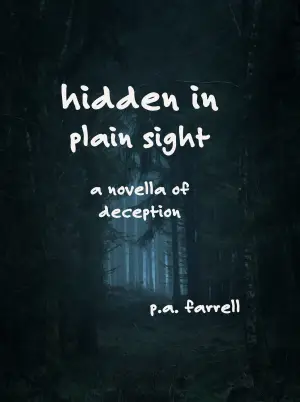
09 Jul Book Review of Drifts
Diving into "Drifts" by Kate Zambreno: A Reflective Journey of Mundane Poetics
I picked up Drifts by Kate Zambreno on a whim, drawn in by the promise of a narrative that oscillates between the mundanity of daily life and the profundity hidden within it. I was particularly intrigued by Zambreno’s exploration of the everyday and the artful ways she weaves her experiences into the fabric of contemporary life. After recently making an exciting discovery at work—partly thanks to the various topics I learned about from this very book—I felt that I simply had to share my reflections on this unique, quasi-memoir of sorts.
At its core, Drifts reads like an artist’s notebook crafted into a literary tapestry. Zambreno’s journey unfolds through her observations on life’s quiet moments; she sits on her porch, contemplates her dog, reflects on stray cats, and meanders through the lives of past writers and artists. Though labeled as “fiction,” the narrative feels far more authentic as it captures the presentness of her thoughts. It’s refreshing, really, much like the diary entries I’ve penned since childhood—it strikes a chord with anyone who has ever attempted to distill the chaos of their own life into coherent reflections.
Her fragmented approach reflects a raw honesty that I found both exhilarating and frustrating at times. Zambreno’s self-proclaimed aim to capture the “grief and ongoingness of everyday life” resonates deeply, yet I sometimes wished for a sprinkle of levity amid her occasional ponderousness. Perhaps it was the familiarity of her introspective style that made her musings feel relatable, yet I often found myself wishing she’d inject a little sunshine into the gloom.
The book’s present-tense diary format resonates especially with my own journaling experience. Like Zambreno, I’ve kept notebooks filled with lists, snippets of thoughts, and reflections. While I admire her ability to articulate the significance of journaling as a form of reality capture, I couldn’t help but think about the difficulty of avoiding editorialization, as Zambreno does—it’s simply a part of a writer’s instinct to shape and beautify reality. Still, her insights encouraged me to reconsider which of my own notebooks might better represent my life if viewed through the lens of future historians.
While I reveled in the way Zambreno darts around the lives of Artists—so much name-dropping!—I found myself questioning whether her political commentary (or lack thereof) was intentional. Her passages felt primarily solipsistic, engrossed in her own inner world, and while I understand the allure of introspection, the absence of a broader cultural critique left me yearning for connection beyond the private self.
Yet, Drifts ultimately left me with an insatiable curiosity. It spurred a desire to leap into the vast ocean of literature, art, and history that Zambreno references. The sheer volume of names and titles inspired me to create an exhaustive list of future reads, embracing the notion that life offers boundless opportunities for learning and connection. It reminded me of Sylvia Plath’s sentiment about wanting to live and experience all the shades and tones of existence—an idea that lingers long after the last page is turned.
For readers who revel in the minutiae of life and appreciate a contemplative, autobiographical style, Drifts will be a rewarding read. Whether you’re an artist, a writer or just someone who finds beauty in the ordinary, Zambreno invites you to ponder along with her on the porch. As I bask in the glow of newfound literary curiosities, I can’t help but be grateful for how this book reoriented my understanding of life’s little drifts. Happy reading!









